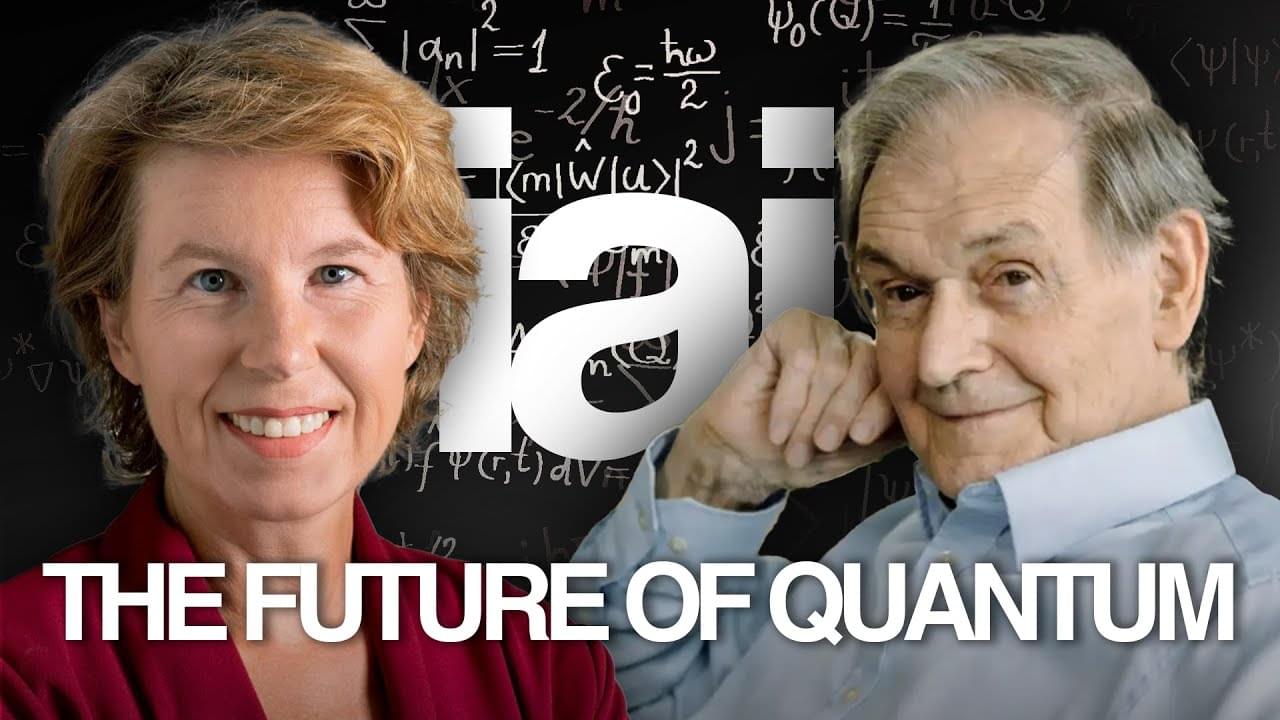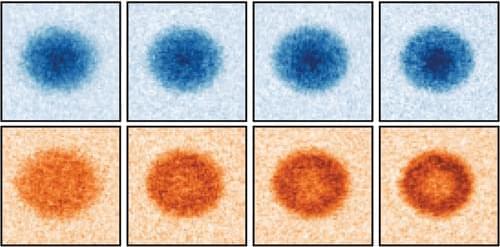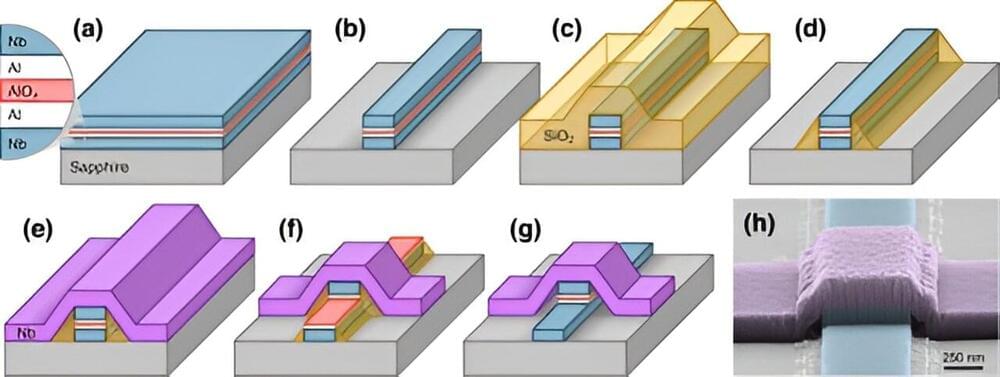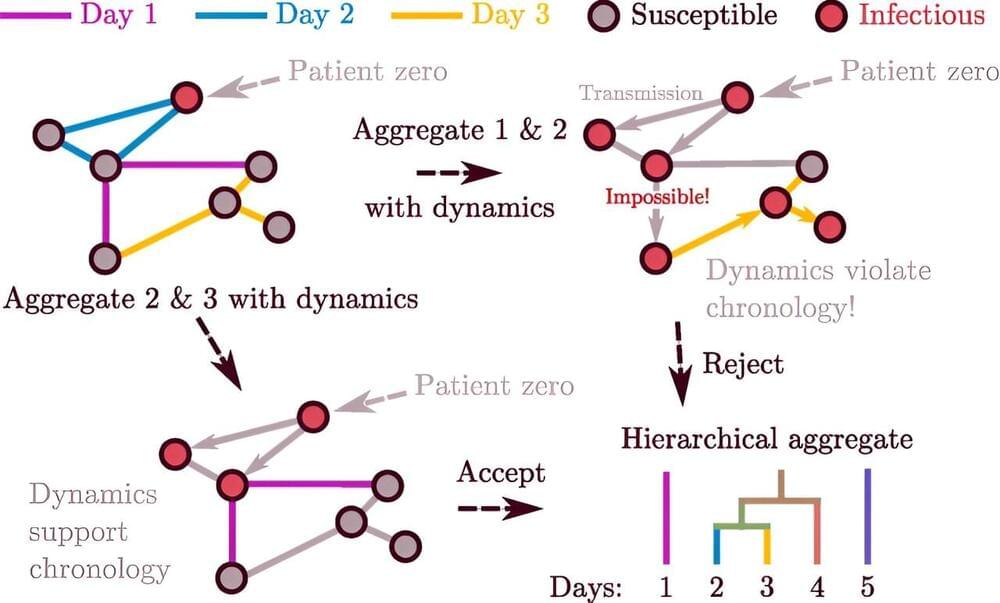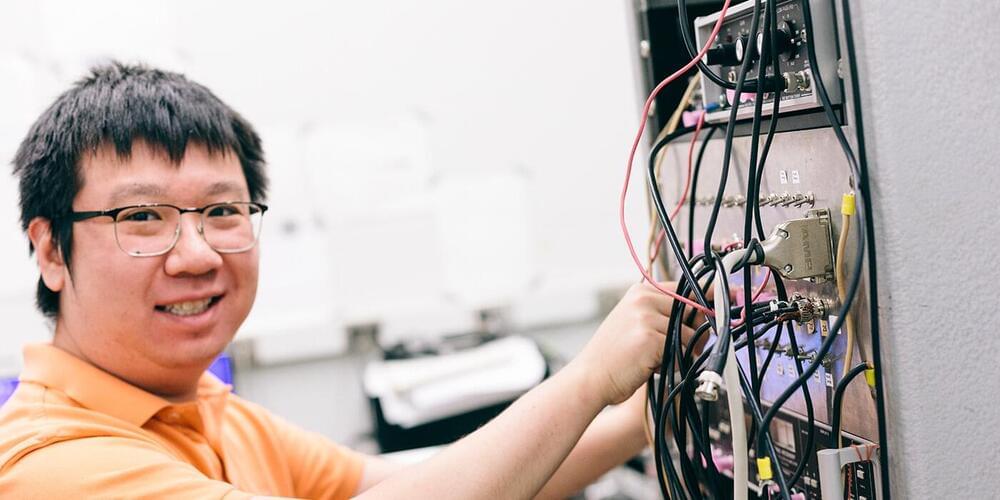Feb 28, 2024
The quantum world: Dreams and delusions | Roger Penrose, Sabine Hossenfelder, Michio Kaku, and more!
Posted by Dan Breeden in categories: computing, genetics, quantum physics
Watch some of the biggest names in physics debate the mysteries of the quantum and its future, including Roger Penrose, Sabine Hossenfelder, Avshalom Elitzur, Michio Kaku, Suchitra Sebastian, Priya Natarajan, Joscha Bach, Erik Verlinde, Hilary Lawson and Bjørn Ekeberg.
From string theory to quantum gravity and quantum computers, the quantum discourse is all the buzz in physics and beyond. But what is possible and what mere fantasy? Can we bring together relativity and quantum mechanics? Will we ever find a unified theory to explain our universe?
